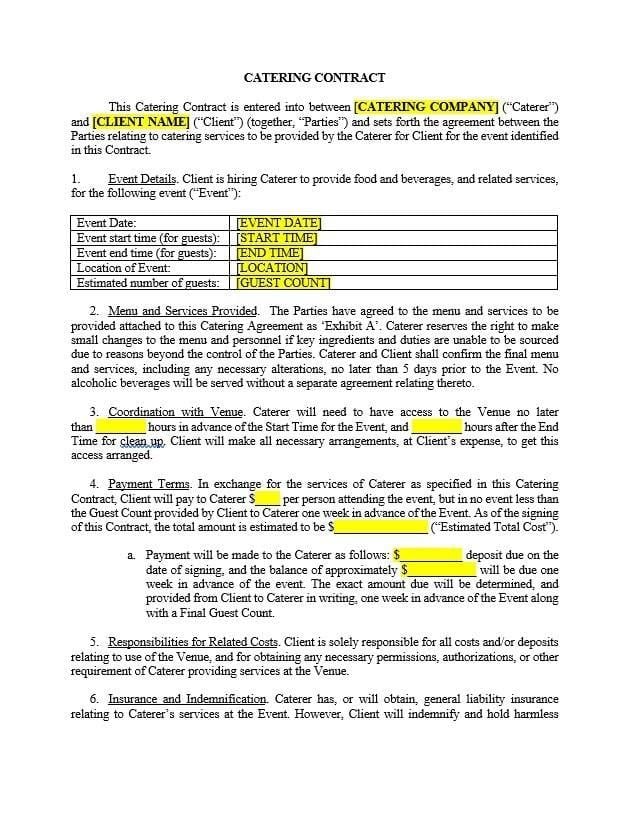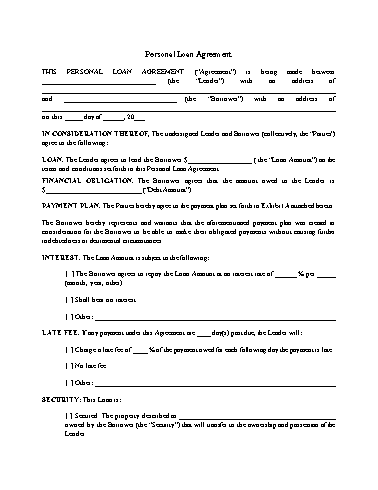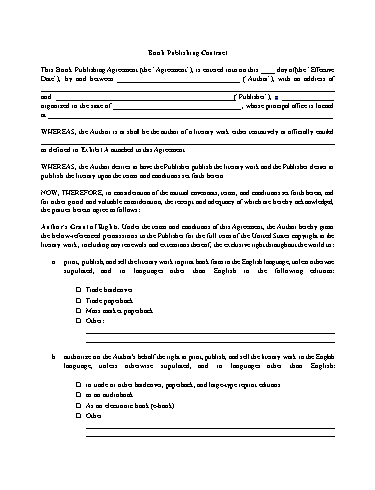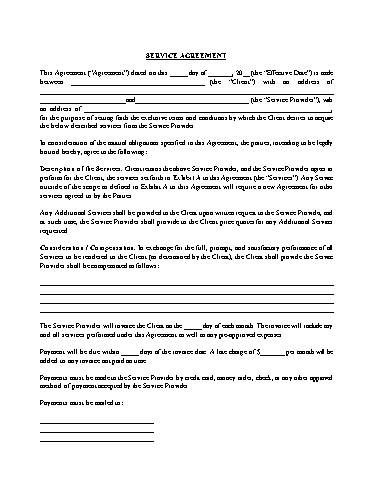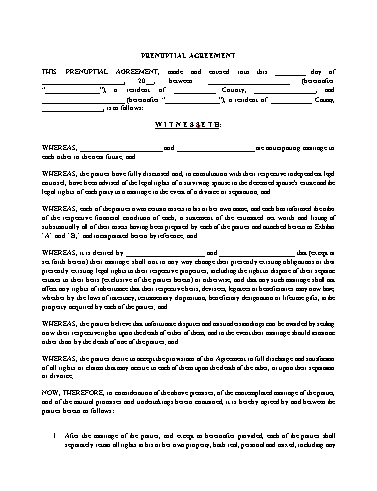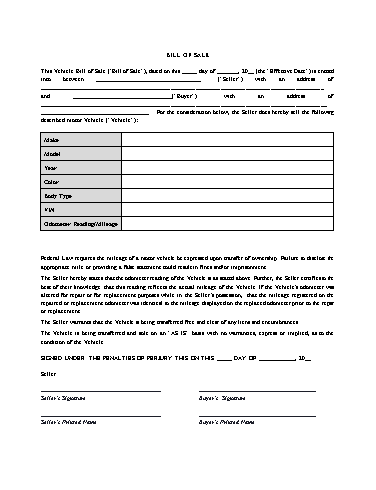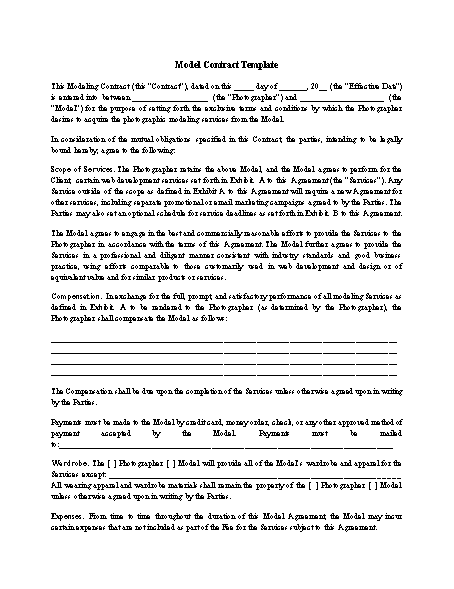Catering Contract Considerations for Success
Pitfalls to Avoid
There are many stressors in our daily life but probably nothing more stressful than planning a major event. Weddings, graduations and corporate events are just a few examples. A lot of planning and foresight goes into these events, specifically to make them run smoothly and meet everybody’s expectations. When something goes wrong and a big mistake is made by any of the planners or companies hired to service the event, there’s no rewind button and no chance to do it over again. Some of the biggest mistakes involve the people hired to cater the event. We all know how important food and beverage is for large gatherings and special occasions. When the food isn’t right, when items are missing, or when the quality of the food and/or service is not up to a high professional standard, guests take notice. Faulty catering can be very damaging to the integrity of an event. It can cast a shadow over the guest’s experience and color their entire perception of the gathering. Obviously you want to avoid this scenario when planning an event. You want to sidestep common pitfalls and make your party a complete success. One way to do that is to learn about mistakes commonly made by catering companies. 1. Not communicating well. A huge number of catering problems occur because details were skimmed over. The communication between your expectations and the caterers responsibility must be clearing defined and written out. It’s up to both parties to communicate their expectations and understandings clearly—but let’s be honest, clients are often juggling multiple aspects of party planning. A truly professional caterer should take the lead in addressing potential blind spots. 2. Using outdated equipment. When a catering company doesn’t invest properly in its own infrastructure, its clients pay the price. Discerning clients should not only make sure they understand what food and drink options a catering company will provide, but also the standard of equipment that will be brought to your event. You’ve worked hard to make everything look right. Catering companies should know, based on customer reviews, that it’s a huge mistake to bring equipment to an event that looks shabby and doesn’t function as well as it should. Their own reputation and that of the event planner can be compromised. 3. Not giving you good advice. The planning stages are even more important than the actual event. Too often, catering companies simply allow customers to decide what they want. The reality is that catering companies have vast experience with event planning, and most clients do not. Professionals need to demonstrate a balance between listening to the client’s needs and asking the right questions to help them see things in a more comprehensive light. Maybe there aren’t enough vegetarian options on the menu. Maybe the style of food being discussed doesn’t quite match the event, and slight changes are needed. Professional caterers who don’t offer guidance and options to their clients are paving the way to complaints and negative reviews—a big mistake indeed. The best way to ensure success for your event (for the guest). Most catering problems start with the hiring process. Depending on where you live, there might be dozens or even hundreds of catering companies who want you to hire them. They’ll even be willing to tell you what you want to hear in order to secure the contract. But make no mistake: Not all catering companies are created equal. Hiring a company with the most modern and updated equipment, highly trained staff, and a rock solid reputation backed by consistent reviews from past clients—this is the best way to avoid problems down the line. Pro caterers know how to plan properly, and how to deal with the unexpected. A truly professional caterer knows that the success of their company and the success of your event are essentially equal, and they’ll do whatever it takes to make that happen.
For Caterers
What are common mistakes in catering contracts? Primary issues are around a lack of detail in the agreement upfront as well as lack of communication of those details as the event draws closer. A lack of focus on deadlines, arrival times, guest lists, dietary considerations and others can lead to unpleasant situations for both client and vendor. Additional issues can stem from use of outdated equipment or violations of venue restrictions. What’s the best way to ensure success with catering contracts? Proper planning from the start, a legally binding contract, complete with details about the event, venue, equipment, requirements, deadlines, and financial considerations as well as staffing considerations all lead to a much more likely successful scenario, from signature to cleanup. How do I make a catering contract? You have two primary options: 1) create one from scratch on your own, researching considerations, adding clauses, and getting it legally reviewed or 2) using a pre-made template for free (like those offered from ApproveMe) which has been created by legal professionals to include the most important clauses for you.
Your Signing experience is worth celebrating!
ApproveMe is easy document signing for busy people. Built on the belief that every new agreement with a customer or client should be celebrated.
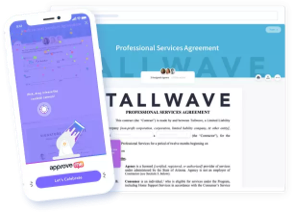
CATERING CONTRACT
This Catering Contract is entered into between [CATERING COMPANY] (“Caterer”) and [CLIENT NAME] (“Client”) (together, “Parties”) and sets forth the agreement between the Parties relating to catering services to be provided by the Caterer for Client for the event identified in this Contract. 1. Event Details. Client is hiring Caterer to provide food and beverages, and related services, for the following event (“Event”): Event Date: [EVENT DATE] Event start time (for guests): [START TIME] Event end time (for guests): [END TIME] Location of Event: [LOCATION] Estimated number of guests: [GUEST COUNT] 2. Menu and Services Provided. The Parties have agreed to the menu and services to be provided attached to this Catering Agreement as ‘Exhibit A’. Caterer reserves the right to make small changes to the menu and personnel if key ingredients and duties are unable to be sourced due to reasons beyond the control of the Parties. Caterer and Client shall confirm the final menu and services, including any necessary alterations, no later than 5 days prior to the Event. No alcoholic beverages will be served without a separate agreement relating thereto. 3. Coordination with Venue. Caterer will need to have access to the Venue no later than ________ hours in advance of the Start Time for the Event, and ________ hours after the End Time for cleanup. Client will make all necessary arrangements, at Client’s expense, to get this access arranged. 4. Payment Terms. In exchange for the services of Caterer as specified in this Catering Contract, Client will pay to Caterer $____ per person attending the event, but in no event less than the Guest Count provided by Client to Caterer one week in advance of the Event. As of the signing of this Contract, the total amount is estimated to be $_______________ (“Estimated Total Cost”). a. Payment will be made to the Caterer as follows: $__________ deposit due on the date of signing, and the balance of approximately $___________ will be due one week in advance of the event. The exact amount due will be determined, and provided from Client to Caterer in writing, one week in advance of the Event along with a Final Guest Count. 5. Responsibilities for Related Costs. Client is solely responsible for all costs and/or deposits relating to use of the Venue, and for obtaining any necessary permissions, authorizations, or other requirement of Caterer providing services at the Venue. 6. Insurance and Indemnification. Caterer has, or will obtain, general liability insurance relating to Caterer’s services at the Event. However, Client will indemnify and hold harmless Caterer for any damage, theft, or loss of Caterer’s property occurring at the event, causes by any of Client’s guests. 7. Cancellation. If the Client needs to cancel the event, Client must provide written notice to Caterer along with any required cancellation fee described in this Catering Contract, to effect cancellation. Client understands that upon entering into this Contract, Caterer is committing time and resources to this Event and thus cancellation would result in lost income and lost business opportunities in an amount hard to precisely calculate. Therefore, the following cancellation limitations will apply: a. If Client requests cancellation of this Contract 90 days or more before the Event, Caterer shall be entitled to _______ percent of the Estimated Total Cost. b. If Client requests cancellation 45-89 days before the Event, Caterer shall be entitled to _______ percent of the Estimated Total Costs. c. If Client requests cancellation 31-44 days before the Event, Caterer shall be entitled to _________. d. After 30 days in advance of the Event, Caterer shall be entitled to 100 percent of the Estimated Total Cost. The Client’s deposit will be credited against the cancellation fees owed. Any balance will be payable upon the notice of cancellation. 8. Legal Compliance. Caterer will work in compliance with all applicable local health department rules and regulations relating to food preparation and food service. 9. Assignment. This Contract cannot be assigned by either Party without the other’s written consent, with the exception set forth in paragraph 10, below. 10. Limitation of Remedies. If Caterer cannot fulfill its obligations under this Contract for reasons outside of its control, Caterer may locate and retain a replacement catering company at no additional cost to Client, or refund Client’s money in full. Caterer will not be responsible for any additional damages or compensation under these circumstances. 11. Resolution of Disputes. The Parties agree to not post any negative information about the other arising out of this Contract or Event on any online forum or website without providing advance written notice of the intended content thereof, and providing the other party with an opportunity to resolve any issues between the parties amicably. 12. Severability. In the event any provision of this Agreement is deemed invalid or unenforceable, in whole or in part, that part shall be severed from the remainder of the Agreement and all other provisions should continue in full force and effect as valid and enforceable. 13. Waiver. The failure by either party to exercise any right, power or privilege under the terms of this Agreement will not be construed as a waiver of any subsequent or further exercise of that right, power or privilege or the exercise of any other right, power or privilege. 14. Legal Fees. In the event of a dispute resulting in legal action, the successful party will be entitled to its legal fees, including, but not limited to its attorneys’ fees. Legal and Binding Agreement. This Agreement is legal and binding between the Parties as stated above. This Agreement may be entered into and is legal and binding both in the United States and throughout Europe. The Parties each represent that they have the authority to enter into this Agreement. 15. Governing Law and Jurisdiction. The Parties agree that this Agreement shall be governed by the State and/or Country in which both Parties do business. In the event that the Parties do business in different States and/or Countries, this Agreement shall be governed by [STATE] law. 16. Entire Agreement. The Parties acknowledge and agree that this Agreement represents the entire agreement between the Parties. In the event that the Parties desire to change, add, or otherwise modify any terms, they shall do so in writing to be signed by both parties. The Parties agree to the terms and conditions set forth above as demonstrated by their signatures this ____ day of ______________, 2019, as follows: CLIENT: ________________________ [Signature] CATERING COMPANY: ________________________ [Signature]
Frequently Asked Questions
How to write a catering contract?
Catering contracts can take many different forms depending on the service being offered, but they always contain the same four key components: discussion of product or service, statement of work, price and terms, and signatures. You and your client should always make sure that all the requests are met.
The catering contract should include who is responsible for what, detailed explanation of what is included in the package as well as how much it will cost. In addition, you should also lay out what will be happen if any unique situations arise such as loss of power, no available water, or any other scenario that would affect the ability to provide your catering services. Lastly, you and the client should lay out how the food and drinks will be handled as well as what type of options will be served.
How to get catering contracts?
What is contract catering?
It's important to have a catering contract in place before you offer any services to your potential clients. This will ensure that both parties know exactly what they are agreeing on and you'll be able to make retractions if something is not satisfactory or agreed up front. You can use our catering service contract templates as a starting point for your own version of this document.
What should a catering contract include?
What should be included in a catering contract template?
What should a catering contract have in it?
This also includes catering services such as set up, serving food on site, breaking down tables and more. It should include a list of services that your company is providing such as food, drink, tableware, linens or other relevant items. Lastly, it should include a list of prices for all services along with any additional costs such as delivery charges or setup fees.
What are the legal considerations in catering business?
The managers of your catering business need to be aware of the compliance regulations, especially those pertaining to health and safety. You and your managers need to be familiar with the food handling regulations that apply to your business. All these regulations can be found on the government website for food standards.
Can I use an e-signature for my catering contract?
A digital signature is the same as what you would provide on paper; it can be used to verify your identity. However, it cannot be used if the document needs a stamp or seal because they involve wet ink.
If you’re looking for an eSignature solution to get your catering contract signed, check out WP E-Signature today!
Does a catering contract template have to be in writing?
Your catering contract must be in writing for it to be legally binding. It must include all the essential information, such as specific price, cancellations, food requirements, menu options for events, staff requirements and timelines.
Send Contracts in Minutes
Unlock the power of WP E-Signature on your website using your branding today!
Get Started Now

